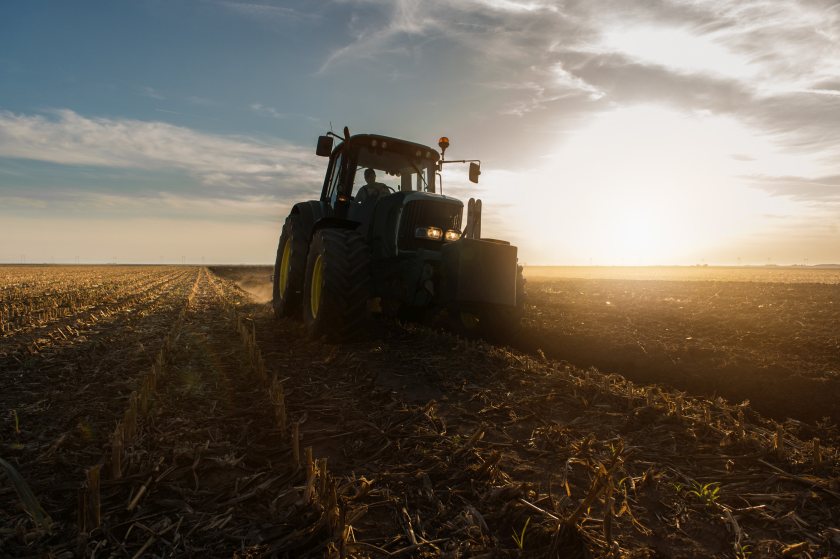
Scotland has launched a major new drive to confront the high suicide rates devastating its farming communities, with a three-year research project now underway.
The £85,000 initiative — a collaboration between RSABI and the University of Glasgow — aims to deepen understanding of suicide risk in agriculture and develop effective, evidence-based strategies to protect those most vulnerable.
Farmers face a combination of pressures — isolation, financial uncertainty, long working hours and a cultural reluctance to discuss mental health — which research has repeatedly linked to elevated risk.
Agricultural workers are consistently shown to be at higher risk of suicide than many other occupational groups, particularly in rural Scotland.
The project will be led by newly appointed PhD researcher Katie Bryan and jointly supervised by Professor Rory O’Connor, director of the Suicidal Behaviour Research Lab, and Professor Katie Robb, Professor of Behavioural Science and Health.
Professor O’Connor said he welcomed the partnership, noting that suicide risk in rural communities “has not received the attention it needs”.
The project, he said, is intended to uncover the factors driving higher risk in agriculture so that findings can inform prevention efforts “nationally and internationally”.
Bryan brings both academic experience and personal insight to the work, having grown up on a farm in South Ayrshire and spent years travelling to agricultural shows with her father, who provides sound engineering support.
She said the research is “an area that means a great deal to me”, adding that her previous work explored stress, wellbeing and how farming families perceive mental health initiatives.
Continuing that research as part of her PhD feels like “a natural next step and a deeply important one”. Suicide rates “remain far too high”, she said, and she hopes the project will support change “shaped by farmers, not just for them”.
The findings will feed directly into RSABI’s suicide prevention work, helping to strengthen targeted campaigns and develop better tools to support those at risk and those affected by suicide across the sector.
The study follows the charity’s recent appointment of Josie Barclay as its first Suicide Prevention Lead, funded by the Alastair and Margaret Miller Charitable Trust.
Barclay will oversee the new research and expand collaboration with specialist organisations, working in line with the Scottish government’s national suicide prevention strategy, Creating Hope Together.
RSABI is a core partner in the national campaign, which aims to normalise conversations about suicide and give people the confidence to step in when someone may be struggling.
RSABI’s free and confidential support service is available 24/7 by calling 0808 1234 555 — with calls not appearing on phone bills — or via confidential webchat at www.rsabi.org.uk.
The project’s findings, once completed in 2028, are expected to play a crucial role in shaping future mental health support and suicide prevention policy across Scotland’s rural communities.
